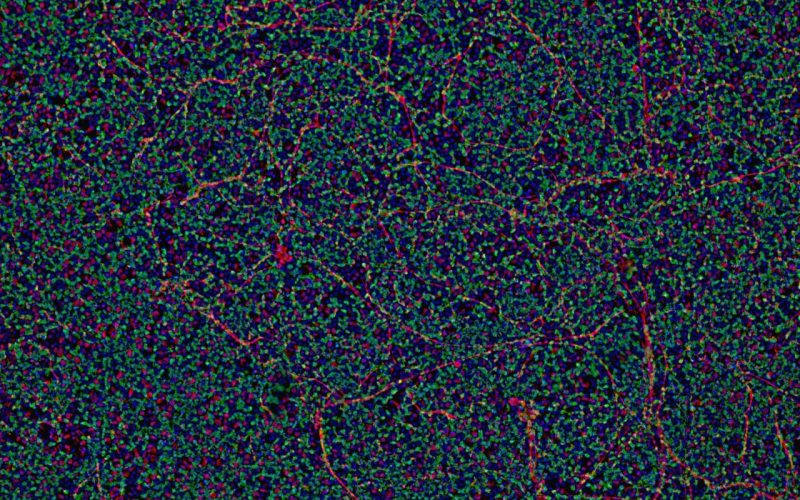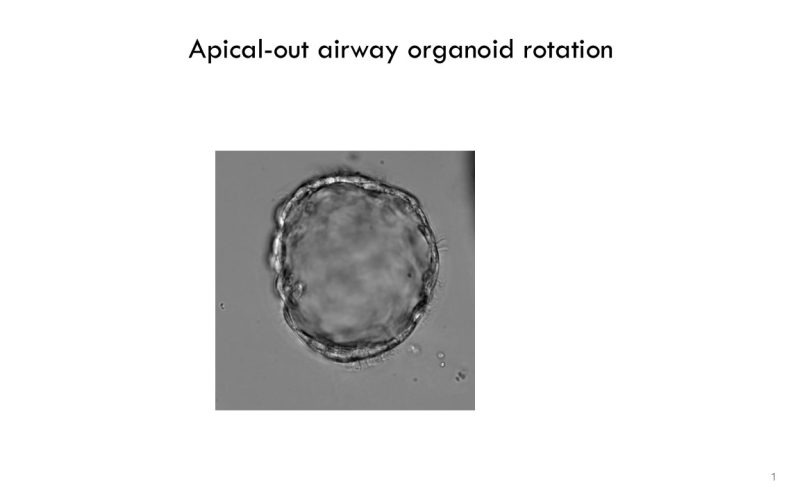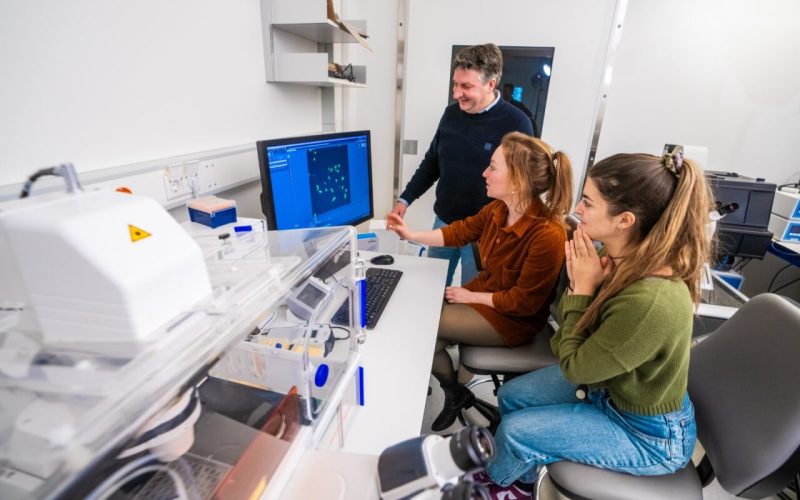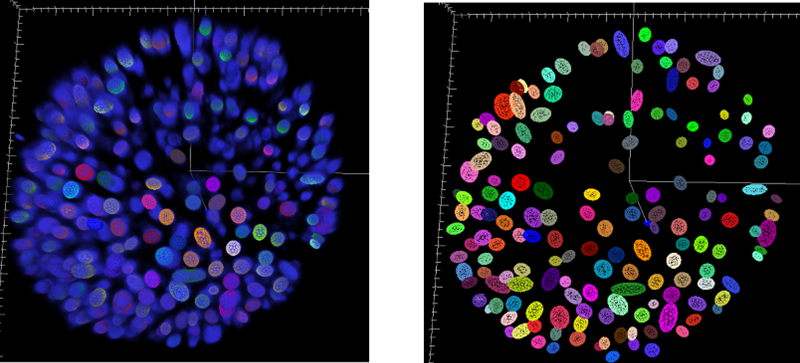Advancing personalized cellular disease models through innovation and precision.
We develop and integrate AI-based image analysis and lab automation to enhance cellular disease models. From AI-driven segmentation and phenotypic discovery in 2D and 3D cultures to fully autonomous, smart screening platforms, our tools standardize and upscale model systems—paving the way for high-throughput, reproducible research pipelines.
AI and AutomationUsing personalized airway epithelial tissues derived from nasal stem/progenitor cells, we explore how genetic and inflammatory histories sculpt basal cell identity, plasticity, and regenerative potential. This helps explain patient-to-patient differences in treatment outcomes and supports precision interventions in chronic airway diseases.
Airway Biology and Defense MechanismsLeveraging advanced patient-specific 3D models—including organoids and high-throughput assays—we decipher the pathophysiology of diseases such as Primary Ciliary Dyskinesia (PCD) and colorectal cancer lung metastases. Through these models, we uncover genotype–phenotype relationships and potential tailored therapies in complex airway disorders.
Airway Disease ModelingPatient-derived intestinal organoids (PDIOs) serve as a robust platform to assess CFTR function via the forskolin-induced swelling assay and to screen treatments tailored to individual CFTR mutations. Our work spans diagnostics, drug development (including gene editing and suppressor mutations), and efforts to optimize models (e.g., animal‑free matrices, automation) toward regulatory approval.
Cystic Fibrosis Disease ModellingWe aim to enhance the efficacy, specificity, and safety of gene therapies for CF and other genetic diseases. Employing cellular disease models and organoids, we address critical delivery and tropism questions, assess synergy with CFTR modulators, and evaluate organ‑specific uptake. Organoids provide disease‑relevant cell types and allow rapid, patient-specific testing using established assays like FIS.
Molecular and Cellular Technologies



